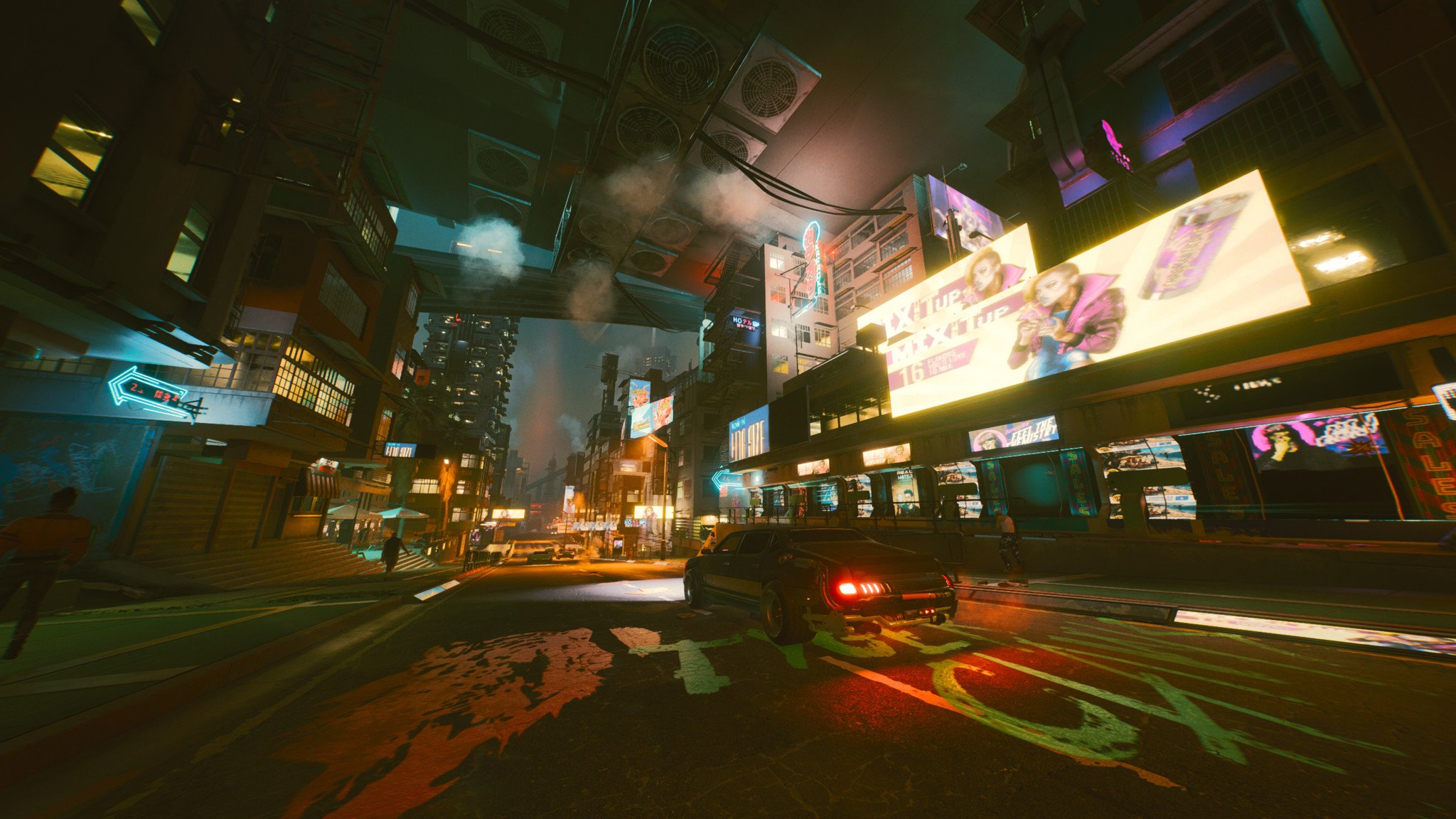What you need to know
- NVIDIA announced Deep Learning Super Sampling (DLSS) 3 during its GeForce RTX 40 keynote.
- All of NVIDIA’s GeForce RTX 40 series graphics cards will support DLSS 3.
- DLSS 3 is capable of delivering up to four times the performance versus having the feature disabled.
- DLSS 3 will be coming out on October 12, 2022, debuting with the new GeForce RTX 4090 GPU.
NVIDIA today announced the third generation of its Deep Learning Super Sampling (DLSS) technology alongside the new GeForce RTX 4090 and RTX 4080 GPUs. The company boasts this launch “kicks off a new era of NVIDIA RTX neural rendering for games and applications.” Building on the already established AI-accelerated super-resolution techniques, NVIDIA is able to deliver up to four times the performance of brute-force rendering.
DLSS is a technology developed by NVIDIA to ensure features like real-time ray tracing are possible for games without hampering performance too heavily. The original RTX 20 series of cards launched with ray-tracing and DLSS support in their infancy and we saw substantial performance gains with the RTX 30 series. With the latest ray tracing and DLSS updates applied and cores used with Ada Lovelace cards, gamers can expect some promising results.

Coupled with the new DLSS tech, NVIDIA is making use of 4th Gen Tensor Cores and a new optical flow accelerator on the NVIDIA GeForce RTX 30 series cards. Then there’s the optical multi-frame generation that generates entirely new frames, rather than just pixels. The Ada Lovelace architecture in RTX 40 series cards is capable of analyzing two sequential in-game images to calculate motion vector data for objects and elements.
This results in fewer visual anomalies when the AI renders elements like particles, reflections, lighting, and shadows. Pairs of super-resolution frames are then fed into a convolutional neural network that analyzes the data and generations an additional frame for each game-rendered frame. NVIDIA notes this as a first for real-time in-game rendering. The end result is up to four times the performance compared to DLSS disabled.
And because all of this happens post-process, the RTX 40 series GPUs can boost frame rates even when the processor is a bottleneck. This in turn allows the game to be rendered at up to twice the frame rate that the CPU is able to compute, particularly useful in CPU-intensive games. Finally, we’ve got NVIDIA Reflex, which handles the synchronization of the best graphics card and CPU to lessen any system latency.
More than 35 games and applications have already announced support for DLSS 3, including:
- A Plague Tale: Requiem
- Atomic Heart
- Black Myth: Wukong
- Bright Memory: Infinite
- Chernobylite
- Conqueror’s Blade
- Cyberpunk 2077
- Dakar Rally
- Deliver Us Mars
- Destroy All Humans! 2 – Reprobed
- Dying Light 2 Stay Human
- F1 22
- F.I.S.T.: Forged In Shadow Torch
- Frostbite Engine
- HITMAN 3
- Hogwarts Legacy
- ICARUS
- Jurassic World Evolution 2
- Justice
- Loopmancer
- Marauders
- Microsoft Flight Simulator
- Midnight Ghost Hunt
- Mount & Blade II: Bannerlord
- Naraka Bladepoint
- NVIDIA Omniverse
- NVIDIA Racer RTX
- PERISH
- Portal With RTX
- Ripout
- S.T.A.L.K.E.R 2: Heart of Chornobyl
- Scathe
- Sword and Fairy 7
- SYNCED
- The Lord of the Rings: Gollum
- The Witcher 3: Wild Hunt
- THRONE AND LIBERTY
- Tower of Fantasy
- Unity
- Unreal Engine 4 & 5
- Warhammer 40,000: Darktide
NVIDIA will be launching DLSS 3 alongside its new GeForce RTX 40 series graphics cards. The first of which, the GeForce RTX 4090, will launch on October 12, 2022. If you’re coming from an AMD GPU, check out our guide on AMD FidelityFX Super Resolution vs. DLSS for more details on how they compare.




